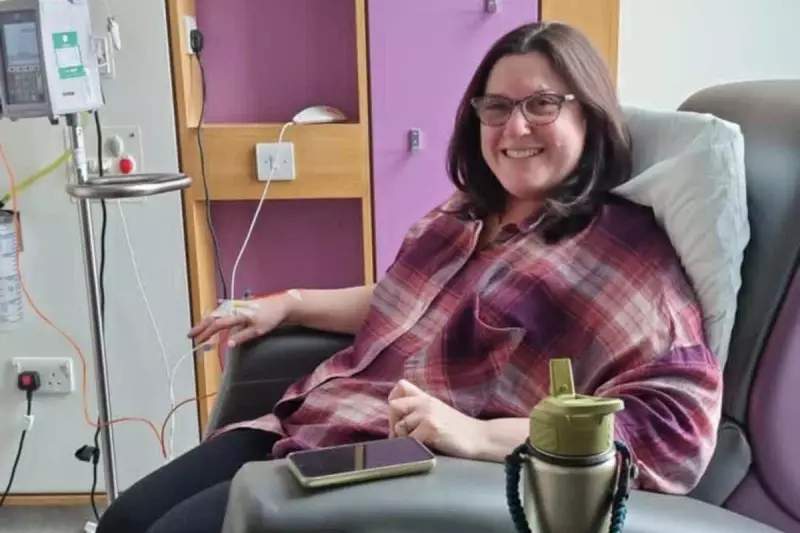
Patients across England could face dramatically different access to medical treatments under new powers granted to the Health Secretary, health experts have warned.
The controversial changes allow Victoria Atkins to personally intervene and fast-track the approval of medicines and medical devices, bypassing the established independent evaluation process.
What the new powers mean for patients
Under the previous system, the National Institute for Health and Care Excellence (NICE) independently assessed new treatments based on clinical evidence and cost-effectiveness. This ensured consistent standards across the country.
Now, the Health Secretary can directly add treatments to the NHS mandate before NICE completes its evaluation, creating what critics describe as a "two-tier system" for treatment approval.
Concerns over postcode healthcare
Medical professionals and health organisations have expressed serious concerns about the implications. The new system could lead to:
- Inconsistent treatment availability between different regions
- Political influence overriding medical evidence
- Unproven treatments being promoted without proper scrutiny
- Widening health inequalities across England
One senior NHS consultant, who wished to remain anonymous, told us: "This fundamentally undermines the principle of evidence-based medicine. Patients deserve treatments that work, not treatments that happen to be politically popular."
The government's position
The Department of Health and Social Care defends the changes, stating they will help "cut bureaucracy" and ensure patients can access "the most promising new treatments quickly."
However, health campaigners argue that the existing system already has mechanisms for fast-tracking genuinely breakthrough treatments without compromising on safety standards.
The situation has drawn parallels with the case of the Telford child, where special funding was required for treatment, highlighting the very inequalities the new system might exacerbate rather than solve.





